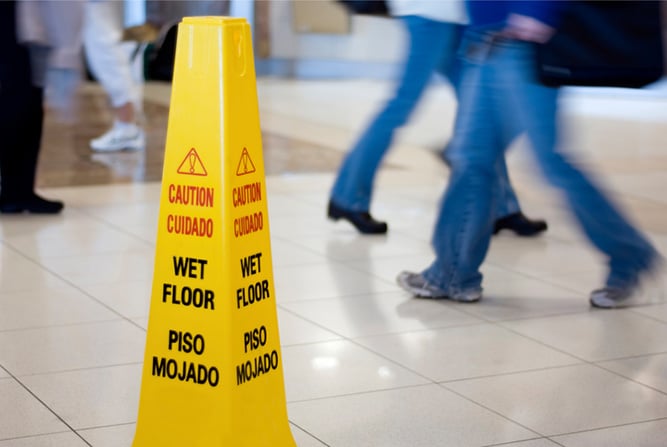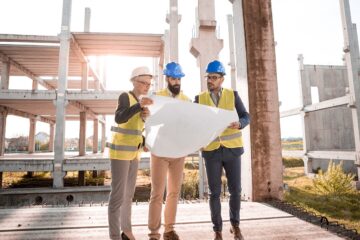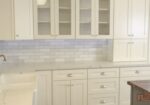What Are the Types of Premises Liability?

Common elements in a building, such as a sidewalk, stairwell, or escalator, can become dangerous when not appropriately maintained. For example, inadequate escalator or elevator maintenance is a common cause of commercial premises liability cases. Slips and falls, on the other hand, are one of the most common causes of premises liability cases. These may result from wet or loose flooring, snow, ice, or misplaced cords.
Amusement Park Injuries
As with any property liability lawsuit, amusement park owners must ensure patron safety, including monitoring and inspecting rides and other equipment. Failure to do so could result in a claim for product liability, which a plaintiff may pursue in court if they sustain an injury on a theme park ride. Premises liability for amusement park injuries arises when an amusement park fails to follow safety guidelines or does not properly maintain its rides. You may also want to check this website for more informed decision-making. While the law does not differentiate between different kinds of entrants, an amusement park owner is still responsible for an unsafe condition on its property.
Slip And Fall Accidents
If you have been in a slip-and-fall accident on the property of another, you are entitled to compensation. First, however, you must establish that the property owner was negligent. To do this, you must be an invitee or licensee of the defendant. A licensee is a person who enters the premises with permission. The plaintiff must be an invitee. If the plaintiff does not have the appropriate authorization, they may be unable to recover compensation.
If a trip hazard caused the slip and fall accident, the property owner is liable for the injuries. For example, a trip hazard may include a wet floor or unfixed flooring. To establish negligence, the victim must prove that the property owner failed to take reasonable steps to ensure the safety of the premises. In many cases, the injury may result from a breach of duty by the property owner.
Construction Site Injuries
Many workers are injured on construction sites. Accidents can occur due to falling debris, malfunctioning machinery, collapsed buildings, and other factors. Falls can be severe and life-threatening, and workers may also get injured by dropped objects, unfinished floors, or power tools. These are all potential causes of injury, and a lawsuit can hold a construction site owner and general contractor liable for the damages.
If you were injured on a construction site, the owner or general contractor might be liable for injuries caused by defective materials or dangerous property conditions. Even if the injuries occurred while you were merely trespassing, the owner might still have a legal duty to make the site safe. In such cases, the injured person may be able to sue the property owner for their negligence. However, there are certain exceptions to this general rule.
Retail Store Injuries
A retail store must keep patrons safe, and an injury to a customer can make the store’s owner liable. A person can file a premises liability claim after an accident to receive compensation for pain and suffering, medical bills, and lost wages. In most cases, filing a claim against a retail store can be straightforward. The first step in pursuing a claim is filing a written report stating the time and date of the incident and naming any eyewitnesses who may be present. This documentation can be significant, especially if the store denies any responsibility. Unfortunately, a retail store owner or manager may not archive videotapes or surveillance footage, so you must gather evidence to prove your case. If you cannot do so, it is best to contact an attorney for advice.

















